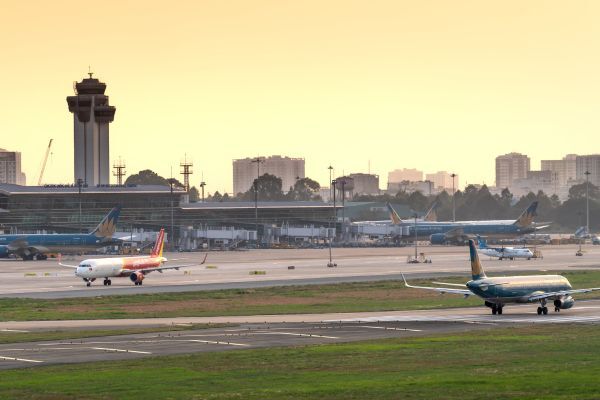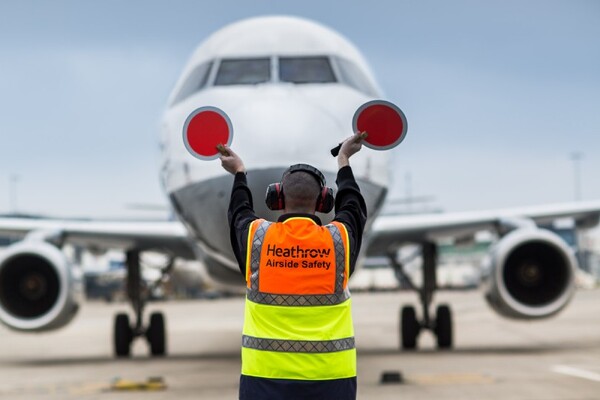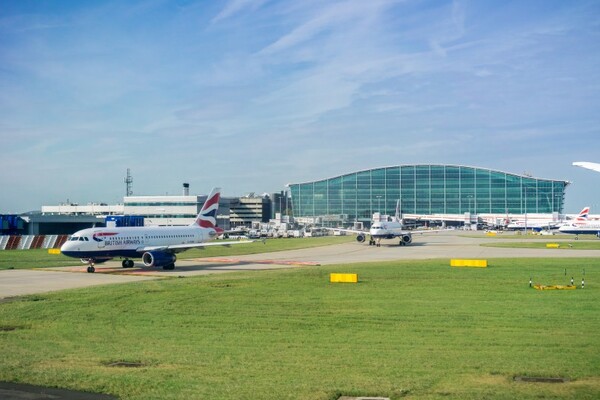Govt pledges to guard against air fare hikes as it unveils SAF mandate
 Gary Noakes
Gary NoakesThe government is to consult on a support scheme for sustainable aviation fuel (SAF) to alleviate potential air fare increases and encourage production.
The Department for Transport is seeking views on a SAF revenue certainty scheme as part of its plan for 10% of all jet fuel to be “green” by 2030, known as the SAF Mandate. The Dft wants the SAF Mandate to become law by January 2025. However, legislation is needed for a revenue certainty mechanism and there may be little time before the election to introduce it.
SAF is currently two to five times more expensive than conventional kerosene, and the DfT said its plan would help manage prices “and minimise the impact on fares”.
It said: “The government also has the power to change key limits within the mandate to block higher price rises in the case of SAF shortages – keeping the impact on consumers to a minimum.
“Providing sufficient SAF is available, any increases in air fares as a result of SAF will fall well within the range of usual fluctuations in prices we see every year and the government have plans in place to prevent any major hikes.”
The government has committed to “achievable” targets that will see around 1.2 million tonnes of SAF supplied to the UK airline industry each year.
“This plan is part of our approach to ensure that the rationing of flights through ‘demand management’ is ruled out,” the DfT said, adding SAF producers now had “a clear vision as the sector continues to grow”.
Gaynor Hartnell, chief executive of the Renewable Transport Fuel Association, said the mandate, in combination with guaranteed pricing, “will see the UK start to produce SAF within the next couple of years” but gave no specific date.
She added: “Many of the plants our members will build will be ground-breaking, first-of-a-kind installations. The UK policy aims specifically to encourage SAF made from wastes, which presents an opportunity for innovation and ultimately the export of technology and expertise."
The DfT said the mandate would incentivise the use of waste “like sawdust and bark from forests” to produce fuel, while placing a cap on fuel primarily made from cooking oil, the cheapest and most developed SAF source.
However, Airlines UK said the government had put a delay on capping waste-fat-produced SAF and had increased the amount that could be used.
Earlier this week, Dr Andy Jefferson, programme director of Sustainable Aviation, an industry think tank, told an Abta aviation conference that while SAF was “very much about cooking oil, It’s not what the industry wants, we want more waste-based SAF in the UK and power-to-liquid (fuel derived from carbon capture)”.
Environmentalists argue an SAF mandate will not cap emissions and will merely require a minority of jet fuel to be from feedstock other than fossil fuel.
Sign up for weekday travel news and analysis straight to your inbox

Gary Noakes
Supplier Directory
Find contacts for 260+ travel suppliers. Type name, company or destination.













